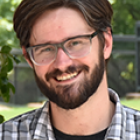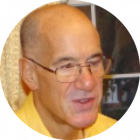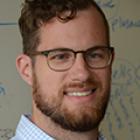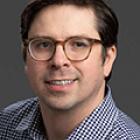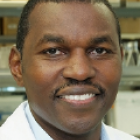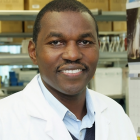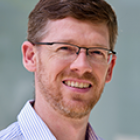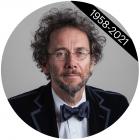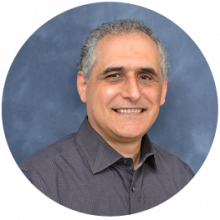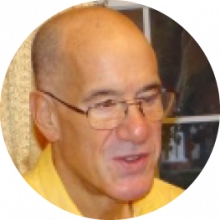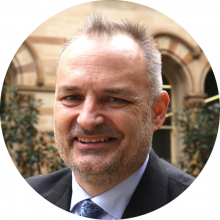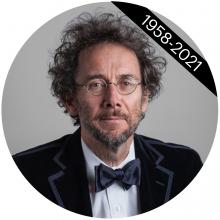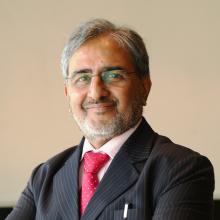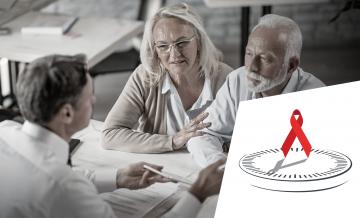Day 1 - Thursday, 12 December 2019
International Workshop on HIV Transmission 2019
Related Enduring Materials
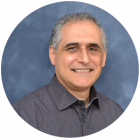

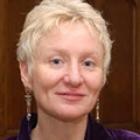

Day 2 - Friday, 13 December 2019

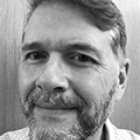
The 14th International Workshop on HIV Transmission was held on 12-13 December 2019 in Rockville, MD, USA.
Meeting Objectives
The main objective of this meeting is to provide a forum for basic scientists, clinicians, virologists, epidemiologists and public health officials to present and discuss the various aspects of the transmission of HIV.
The ultimate goal of the meeting is the integration of efforts from all relevant disciplines in order to constrain the spread of (drug-resistant) HIV.
Chairs
General Information
- Enhance the integration of all relevant disciplines to constrain the spread of (drug-resistant) HIV;
- Provide a forum to discuss the various aspects of the transmission of HIV.
- Describe the latest research on mucosal transmission of virus particles;
- Outline the different approaches to identify the spread of (drug-resistant) HIV variants;
- Reflect on clinical achievements in the prevention of HIV transmission.
Practical Information
Organizing Committee
The members of the Organizing Committee are a group of carefully selected experts and inspirational leaders in their respective fields. They meet frequently to discuss the scientific program of the workshop, identify interesting topics and candidate speakers, and review all submitted abstracts.
Scientific Committee
The members of Scientific Committee are hand-picked by the Organizing Committee and the conference secretariat based on their significant contributions and commitment to the field. They assist the Organizing Committee by providing them with suggestions for speakers and topics. In addition, members of the Scientific Committee participate in reviewing submitted abstracts, and play an active role during the workshop as moderators and/or chairs of sessions.

